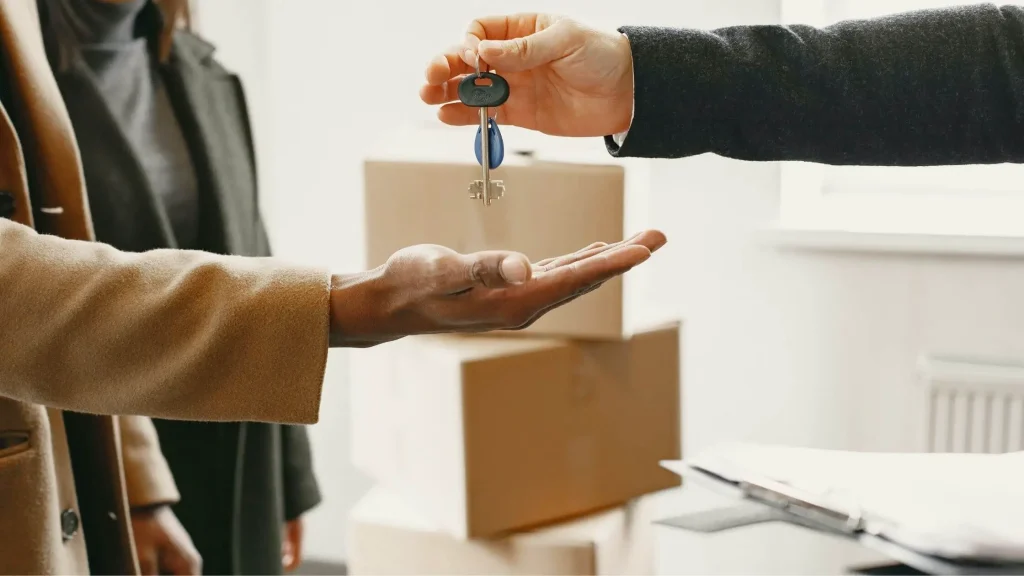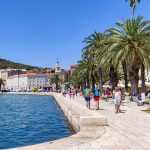Are long-term rentals even available? Why are they so difficult to find?
Croatia is a tourism heavy country, making up almost 20% of its GDP with the trend continuing to increase year-on-year. As such, tourism has heavily influenced the real estate industry throughout Croatia, especially for cities along the coast where short-term tourist rentals are often a significant source of income for locals.
This may explain why certain ads for rentals often stipulate a move-in period after September, but a firm move-out date by 1st June/July, in time for the peak tourism season. After all, revenues from tourist season rentals are often equal, if not more, than what landlords are able to make from a year-long rental.
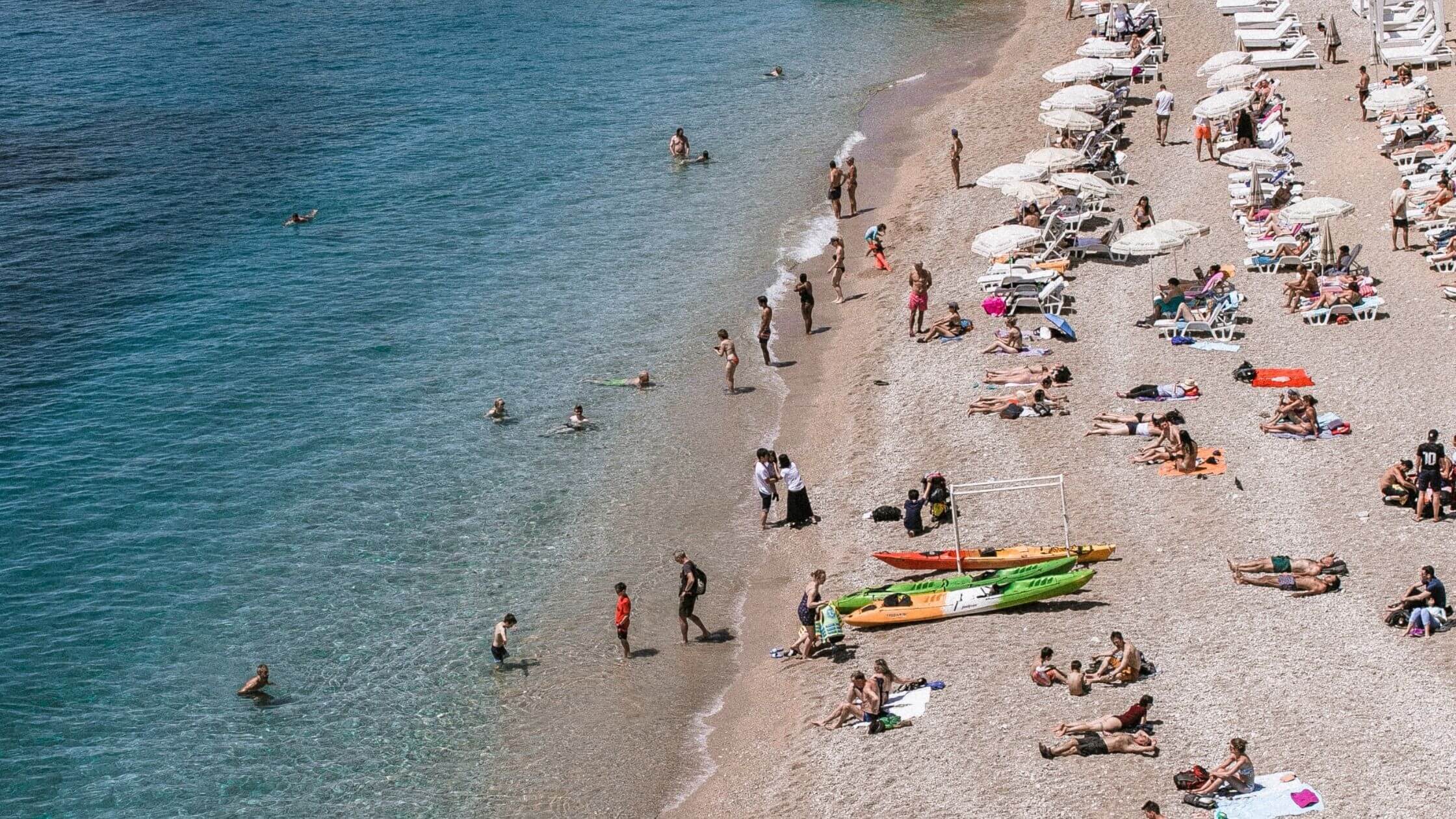
In 2019, almost 1.5 million tourists visited the city of Dubrovnik. Image: Pexels.
For example, a landlord may charge €400/month for a two-bedroom, 50 square meter apartment during the ‘off-peak’ season, but will easily be able to charge the same amount per week during the tourist season.
Taking this example further, during the 4 months of ‘peak’ season (June-September), the same landlord can, in the best-case scenario, make a maximum of €6,400 (€400/week X 16 weeks) which is more than if they charged €400/month for the entire year (€4,800).
Another possible reason for the lack of longer-term options may be that prior to the introduction of the digital nomad visa, there were limited avenues for non-Croatian residents to reside long-term. This would make the long-term rental market softer and less prevalent compared to tourist rentals.
What types of accommodation are available for long-term rentals?
Options 1 and 2 are fairly typical, while number 3 may be novel to some.
1. Standalone house or villas – These are quite self-explanatory although villas tend to come with a pool. Though I have personally come across houses and villas for long-term rent, they have been few and far between.
2. Apartments in an apartment building – Similar to blocks of condos or flats that are clustered together within a compound. These types of apartments can commonly be found for rent starting at around €350/month for a one-bedroom apartment in Split during off-peak season.
3. Apartment in family house – These are essentially 3-4 story houses where each floor is its own self-contained apartment with separate entrances. Typically, families of different generations will live together, albeit on different floors. Since more Croatians have left over the years, more such apartments are available for long-term rent.
Where is the best place to look for long-term accommodation?
1. Bookmark Njuškalo as one of your go-to sites and ideally, your first point of reference. The site is a local version of craigslist or eBay, where you are literally able to find anything and everything from domestic produce, to used cars, clothes, and multi-million euro villas for sale. You’d want to focus on the real estate section (nekretnine) for rent (iznajmljivanje).
A heads-up, if you rent a place through a real estate agent (they are often behind the ads on this site), you as the renter have to pay for their services, not the landlord. The price tag for their services is often one month’s rent, so if you’ve found an apartment to rent for €450/month, you’ll have to pay the agent a service fee of €450.
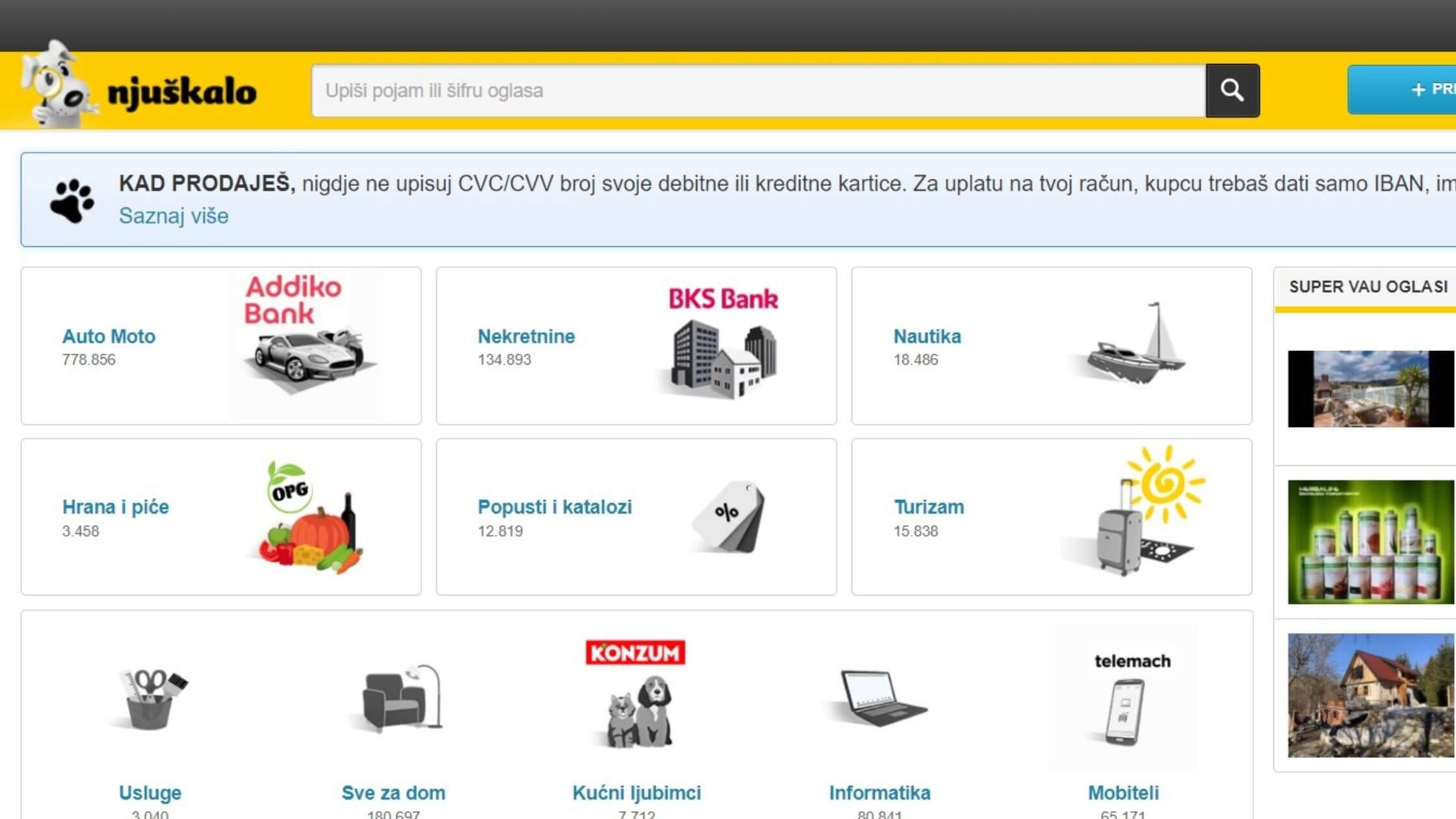
Your first port of call. Image: Njuškalo.com/screenshot
2. Facebook groups/marketplace are another excellent source for long-term rental accommodations. Try searching for groups in your city of choice with keywords like “trazim/iznajmljivanje stan/kuće” (looking for an apartment/house for rent).
While there may be fewer options compared to Njuskalo, you will more likely be able to work around the real estate agent’s fees by renting directly from a landlord.
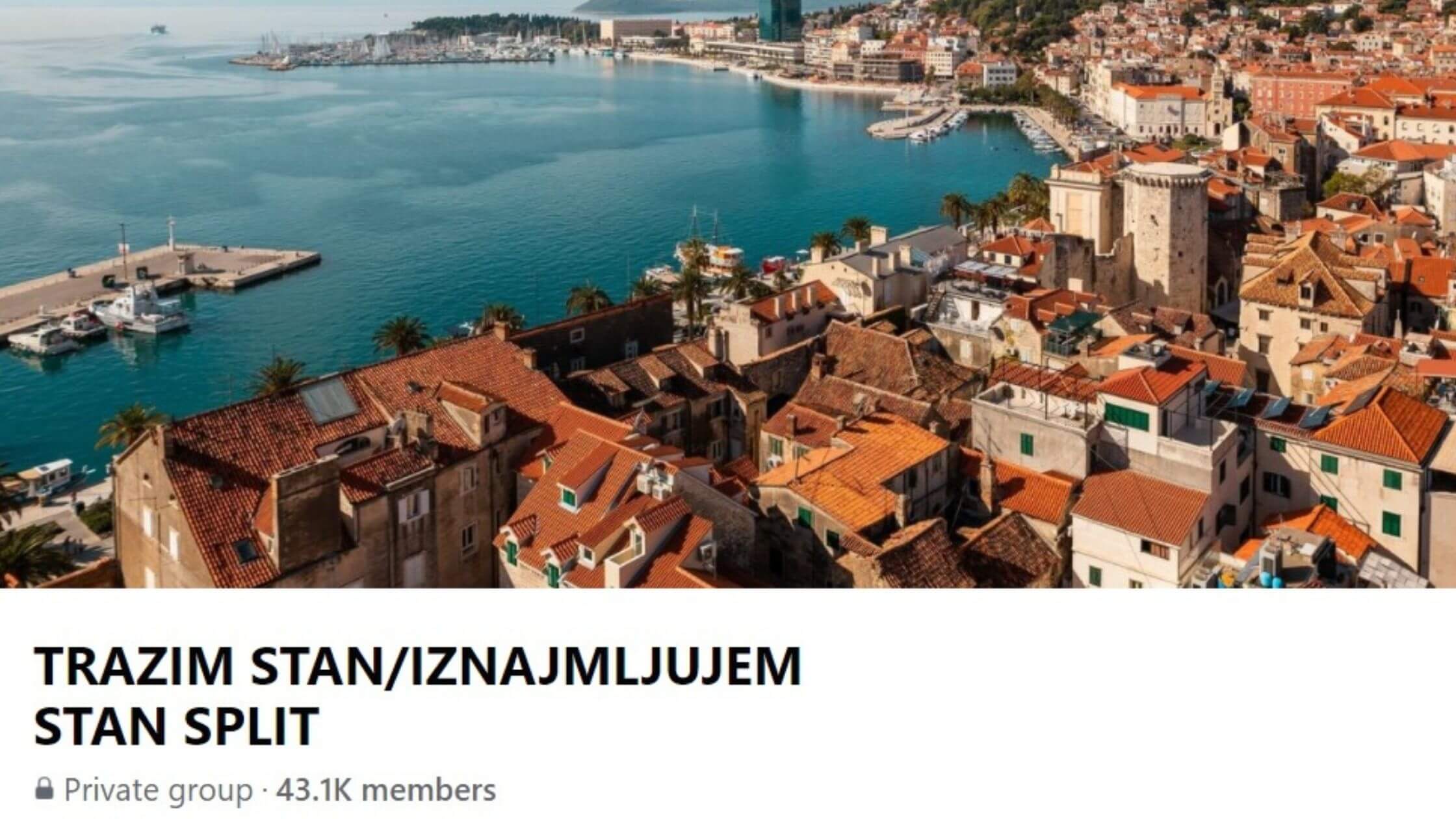
An example from a social media group based in Split, Croatia. Image: Facebook.com/screenshot
3. Through sites such as Booking.com and Airbnb. Although I have yet to experience this myself, some have managed to negotiate a long-term stay with their landlords after booking short-term accommodation from one of these sites.
There is no harm in trying to work something out if you’ve enjoyed your stay and are looking to extend it longer-term, but I would advise against relying on this strategy since the priority for most landlords is still short-term tourist rentals.
What else do I have to be aware of when renting in Croatia?
Before signing on the dotted line, clarify if your monthly rent includes amenities such as water, electricity, and internet. If you’re renting an apartment in a family house, there should be separate water and electricity meters for each apartment where you pay for your own usage.
For a couple with a 70 square-meter apartment in Split, you can expect to pay about €10/month for water, €30/month for internet, and €80/month for electricity. The exact breakdown of electricity prices can be found on the HEP website.
Most rental apartments tend to be furnished and if not, will include larger appliances such as refrigerators, stoves, TVs, beds, and washing machines, so a damage deposit of 1-month’s rent is standard.
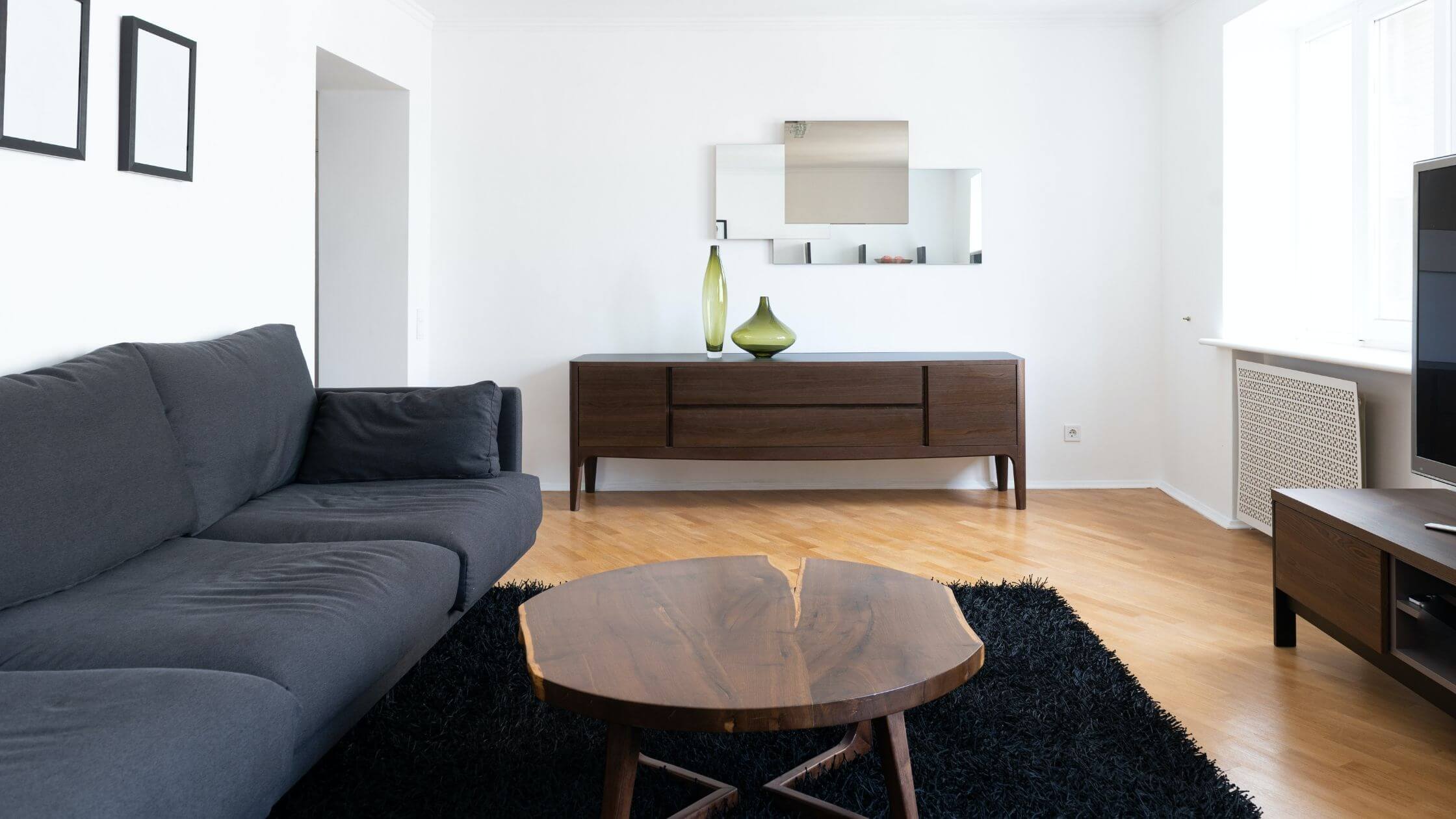
Fully furnished apartments are common here. Image: Pexels.
Once you’ve decided on a place, ensure that your landlord prepares a rental contract for your stay and if possible, have it notarized. Though few and far between, there have been horror stories of landlords kicking long-term tenants out during tourist season, so you’ll find more security with a rental agreement. You’ll also need the notarized copy of the contract for your Croatian paperwork.
Some landlords may also insist that you pay your monthly rent in cash. This can be inconvenient since you will have to figure out how to withdraw large sums of money without incurring heavy fees and conversion rates. If this happens, try to negotiate a bank transfer but if this fails, look into opening a multi-currency bank account with a local, or online bank.
For more, check out our dedicated lifestyle section.

